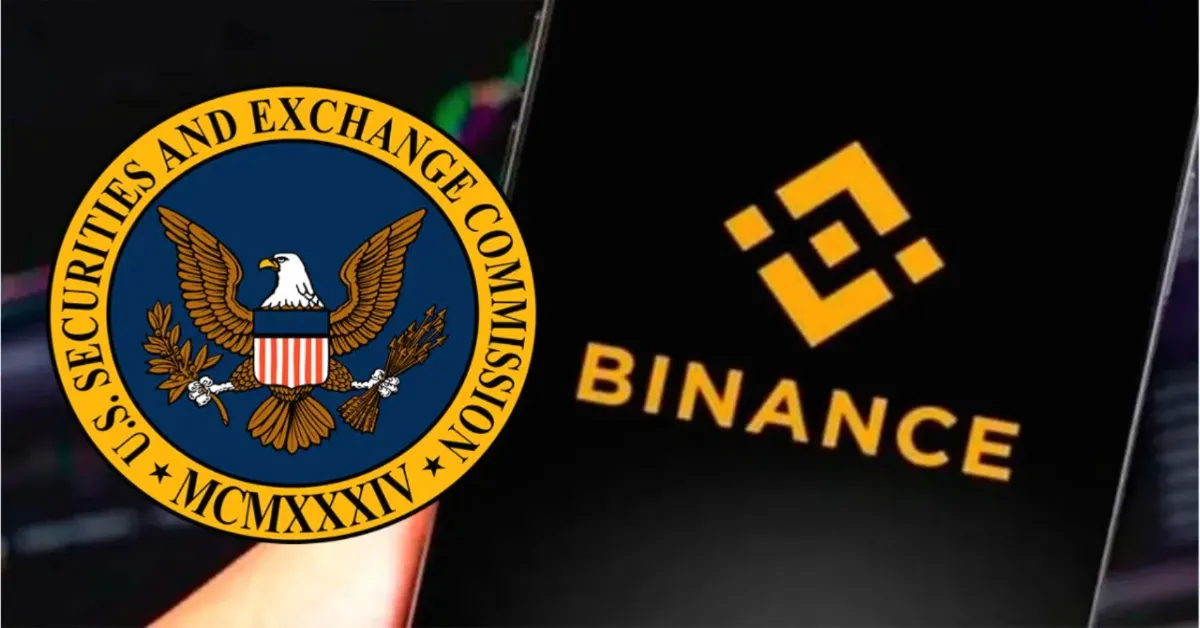Binance, the world’s largest cryptocurrency exchange, has been involved in a series of controversies and allegations over the past few years. These issues have culminated in a recent $4.3 billion settlement with U.S. authorities and the resignation of CEO Changpeng Zhao (CZ). This is the biggest settlement in the crypto history.
Let’s dive into the details of these events and explore their potential impact on the crypto market and decentralized exchanges (DEXs).
A History of Allegations
The allegations against Binance and CZ have been wide-ranging and persistent. The U.S. Department of Justice (DOJ) has accused Binance of operating as an unlicensed money transmitter from 2017 to 2022, failing to register with the Financial Crimes Enforcement Network (FinCEN) as required by law. Additionally, the DOJ has alleged that Binance failed to implement adequate anti-money laundering (AML) and know-your-customer (KYC) controls, enabling illicit activities such as money laundering to occur on its platform.
Furthermore, the Securities and Exchange Commission (SEC) has charged Binance with misleading investors about its risk controls and trading volumes. The SEC also alleges that Binance failed to disclose material information about its operations, potentially misleading investors. Finally, the DOJ has accused Binance of violating U.S. sanctions by servicing customers in countries under sanctions, such as Iran.
CZ’s Guilty Plea and Binance’s Settlement
In November 2023, CZ pleaded guilty to one felony count for failure to maintain an effective AML program at Binance, violating the Bank Secrecy Act. This guilty plea was part of a broader $4.3 billion settlement with U.S. authorities. As part of the settlement, Binance agreed to register with FinCEN, implement stricter AML and KYC controls, and cooperate with U.S. investigations.
Binance has denied the allegations against it, maintaining its commitment to legal compliance. However, the company has faced ongoing scrutiny from regulators around the world, and its settlement with U.S. authorities represents a significant step towards addressing these concerns.
The Impact on Binance and the Crypto Market
The recent events have undoubtedly cast a shadow over Binance’s reputation. The company’s CEO’s resignation and the hefty settlement amount suggest a level of regulatory noncompliance that has raised concerns among investors and industry observers. From another perspective, CZ is seen as a hero who tried to save people from FTX & even helped bring SBF to justice. CZ stepping down as CEO is seen as a sacrifice to save Binance and probably the whole Bitcoin bull run.
The impact on the crypto market as a whole remains to be seen. Some experts believe that the regulatory crackdown on Binance could lead to a decline in crypto trading volumes and a temporary dip in crypto prices. However, others argue that the overall growth of the crypto market is unlikely to be derailed by these events.
The Rise of DEXs
Amidst the turmoil surrounding Binance, DEXs have emerged as potential alternatives to centralized exchanges. DEXs operate on a decentralized blockchain network, eliminating the need for intermediaries and offering greater control over user funds.
The recent events with Binance could accelerate the adoption of DEXs as traders seek more transparent and decentralized trading platforms. However, it is important to note that DEXs also face their own set of challenges, such as liquidity issues and security concerns.
Opinion: A Shifting Landscape for Crypto
The recent events surrounding Binance and CZ signal a shift in the regulatory landscape for crypto. Regulators are increasingly scrutinizing centralized exchanges, demanding stricter compliance with AML and KYC regulations. This increased scrutiny could lead to a more regulated and transparent crypto market, but it may also stifle innovation and growth in the industry.
The future of the crypto market remains uncertain, but the recent events with Binance highlight the need for greater transparency, regulatory compliance, and user-centric solutions. DEXs could emerge as key players in this evolving landscape, but their success will depend on their ability to address the challenges they face.
Eli Georgieva
Eli is a blockchain enthusiast who is an expert in marketing and communication. For the past 7+ years she has been working with various blockchain and web 3 projects, helping startups and scaleups to build a brand image, grow a community and onboard users.







